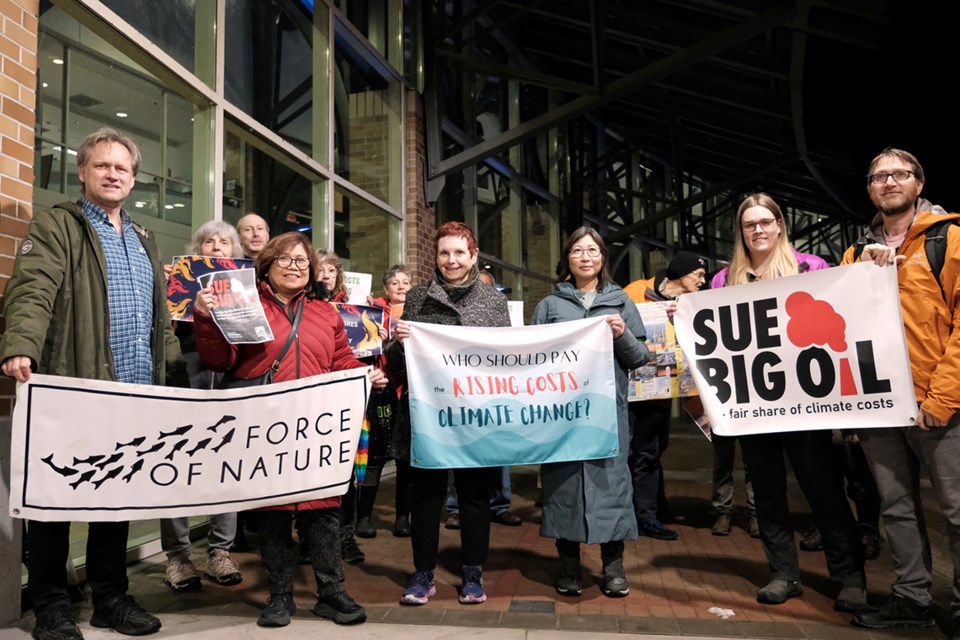The Editor:
Some of the best ideas are counterintuitive.
Consider the Coquitlam Public Library's practice of library fine forgiveness. At first glance, this policy seems like a way of letting people off the hook. However, it has led to more overdue items being returned, as patrons no longer fear fines. This example illustrates how seemingly impractical ideas can actually turn into a common practice.
When seeking practical solutions for climate change, we should embrace similar counterintuitive approaches.
For instance, when streets are designated as car-free zones, merchants might initially worry about losing sales. Yet, the opposite is true: increased foot traffic typically boosts business.
Climate change solutions can be economically viable for both individuals and governments.
I am personally taking advantage of government incentives to switch to an all-electric heat pump system and make other efficiency upgrades in my home. These incentives, combined with the projected savings on air conditioning, make this a smart investment. A practical governmental initiative is allowing citizens to sell solar energy back to the BC Hydro grid. This incentivizes clean energy production without imposing additional taxes.
The campaign to Sue Big Oil is another economically practical and counterintuitive strategy to tackle climate change.
Cities like Lillooet, which suffered significant infrastructure loss due to wildfires, and Port Moody, which spent $6 million to replace a boardwalk, are incurring high costs from a warming and increasingly volatile climate. Protecting Abbotsford from future flooding, similar to what it experienced in 2022, is projected to cost billions. While not every dollar can be directly attributed to climate change, the increasing frequency and severity of such events are undeniable and the costs will continue to mount for decades.
The Sue Big Oil campaign addresses climate change in two crucial ways.
First, it aims to help cities like Coquitlam cover the escalating costs associated with climate change, such as wildfire preparedness, water conservation, cooling centers, and flood prevention.
Second, it seeks to hold fossil fuel companies accountable for their role in promoting and producing fossil fuels. This penalty feeds into market forces that will facilitate a transition away from fossil fuels.
Last week, Burnaby became the sixth municipality to officially support the Sue Big Oil campaign, and Port Moody is considering joining as well.
The cost is minimal — just a pledge of one dollar per resident. Although this might initially seem symbolic or idealistic, lawyers from West Coast Environmental Law have determined that the lawsuit could be heard in the Supreme Court of British Columbia. This court has the authority to award damages caused by international corporations.
Winning this lawsuit would provide Coquitlam with the necessary funds to prepare for the steady increase in global temperatures and the resulting wildfires, droughts, floods, and heat domes that threaten our citizens, properties, and infrastructure. Joining the Sue Big Oil campaign is a practical move for the benefit of our citizens and our future.
Coquitlam should join the Sue Big Oil campaign — for our city’s sake.
- Benjamin Perry, Coquitlam
Force of Nature Alliance - Tri-Cities Team



